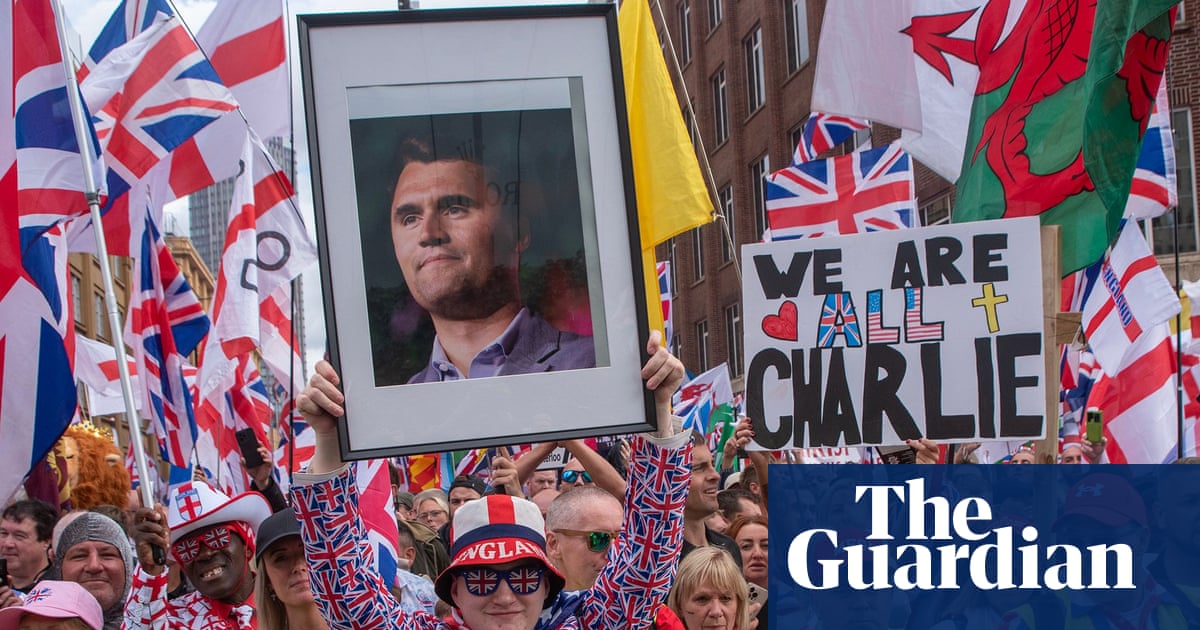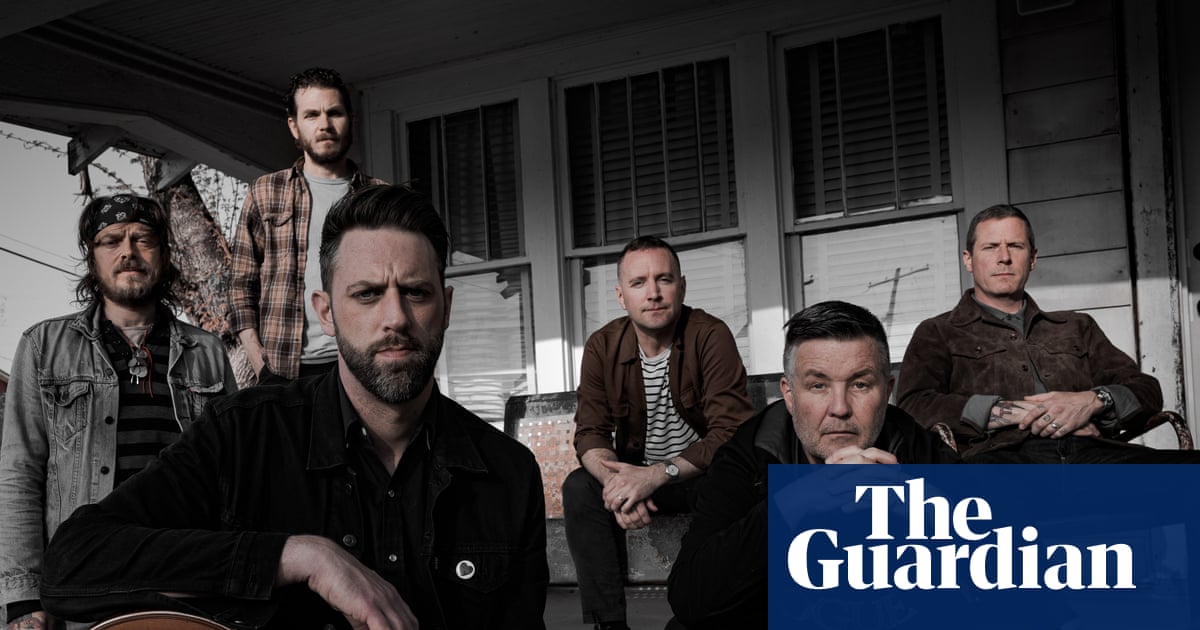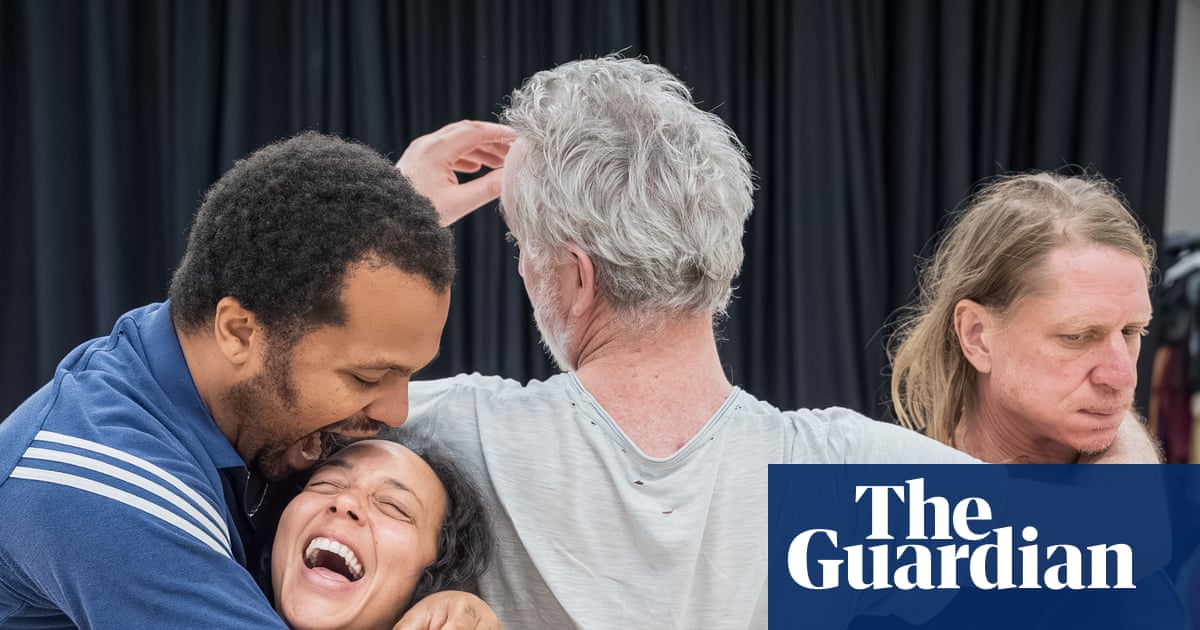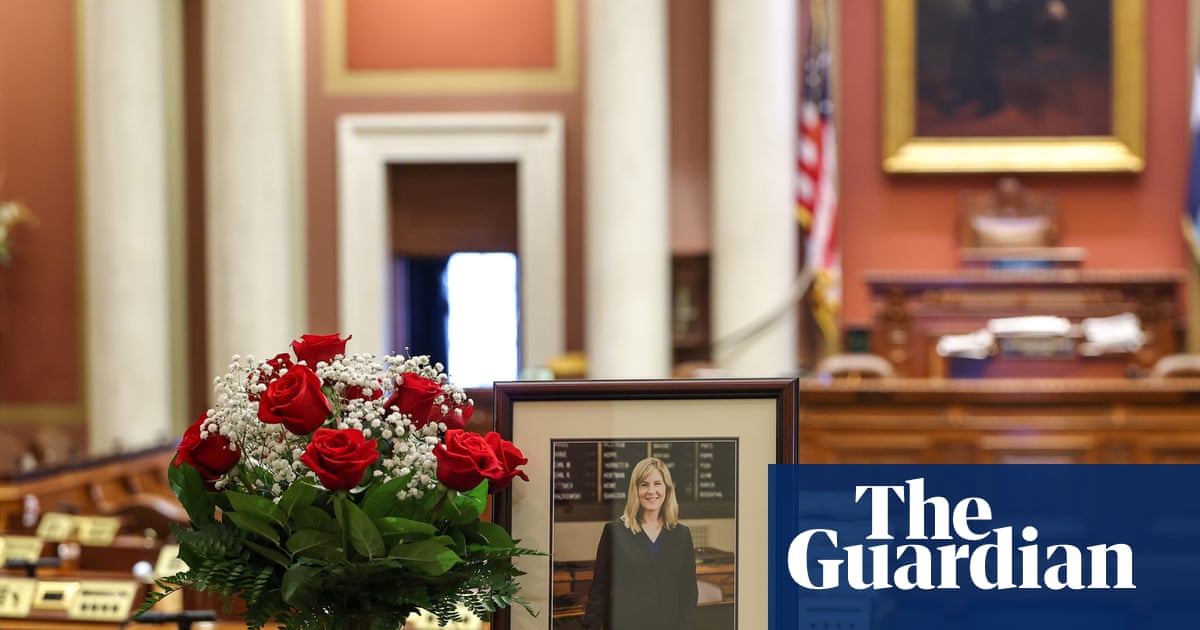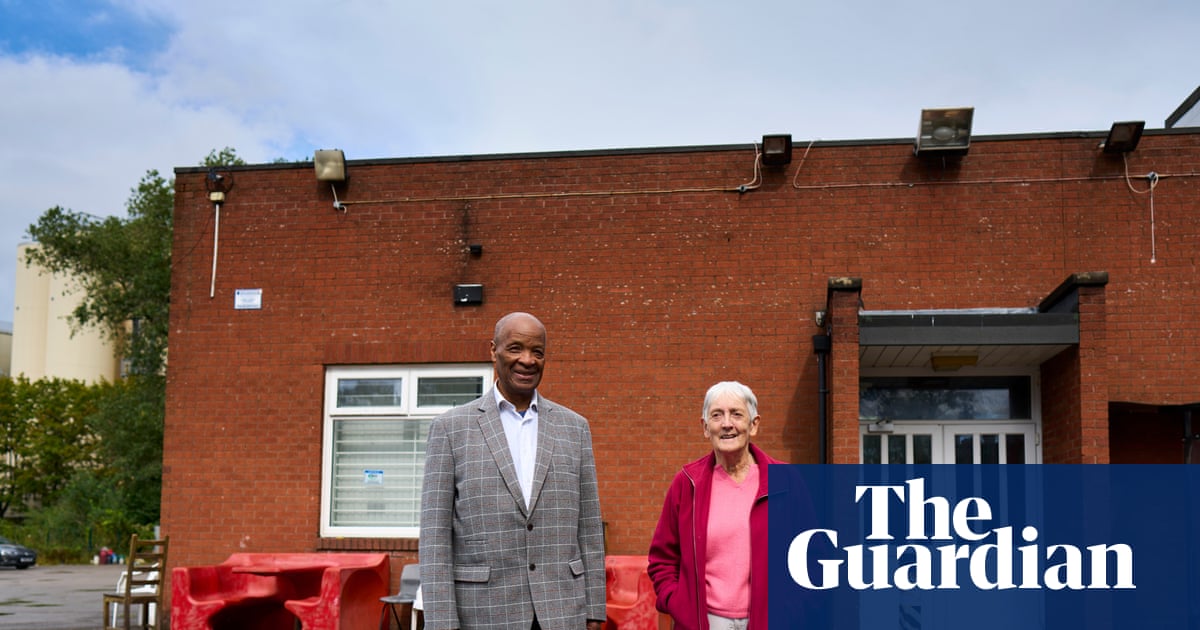The survivors of the Grenfell fire have condemned “a deep and bitter injustice” that many of the officials criticised in the public inquiry in connection to the tragedy have continued working in related fields.
“We relive the pain every day. They are carrying on with life, careers intact, while we are still here – grieving, waiting and fighting for justice,” said a spokesperson for Grenfell United shortly before the eighth anniversary of the fire.
“The fact that some of the people involved are still working in housing is a slap in the face to every survivor and bereaved family. If there are no consequences for decisions that cost lives, what does that say about this country’s values? Justice delayed is justice denied – and we will not stop until those responsible are held to account.”
Dozens of the individuals implicated in the Grenfell disaster, from civil servants, government ministers, councillors and corporate executives have gone on to have successful careers, many of them still involved in housing and local government.
Laura Johnson, who was director of housing at Royal Borough of Kensington and Chelsea (RBKC) at the time of the fire, is now an interim director of property and development at Barnet Homes, which manages and maintains 13,000 council homes.
The inquiry found she had slowed down the installation of self-closing mechanisms on fire doors for “financial and practical reasons”, despite being urged to do so by the London fire brigade. It was found that inadequate fire doors, particularly those lacking self-closing mechanisms, allowed smoke and fire to spread more quickly than expected on the night of the fire.
She also pushed for a new contractor to carry out renovation works on the block on a lower budget, which ultimately meant metal cladding was swapped for combustible plastic-filled panels to save money.
Johnson has continued working in the housing sector since the fire, including as a consultant at two housing associations and a council. Her LinkedIn profile states that in her current role she has “overarching responsibility” for delivering health and safety compliance “including fire and building safety”. Johnson has not responded to a request for comment.
Brian Martin, a civil servant who admitted to being a “single point of failure” on the run-up to the fire, has since gone on to act as a fire safety expert witness and testified in the first UK cladding tribunal case in 2023.
He allegedly said: “show me the bodies” – an accusation he has denied – when he was advised to tighten fire safety rules to prevent a tower block disaster, and was in charge of official building regulations for almost 18 years prior to the fire, which killed 72 people.
The inquiry found that in January 2016, 18 months before the Grenfell blaze, he had written that when ACM cladding was exposed to fire, “the aluminium melts away and exposes the polyethylene core. Whoosh.” He was then urged to tighten the rules on ACM panels in the UK but failed to do so.
He continued working within the Ministry of Housing, Communities and Local Government with a role in the planning directorate until at least 2022, although he no longer works in the department.
He gave evidence as a “fire safety expert” at a cladding tribunal in 2023 in which he was praised for “being balanced, knowledgable and thoughtful”. The Grenfell inquiry found he had no formal fire safety or engineering qualifications at the time of the fire. The Guardian has attempted to contact Martin for comment.
Deborah French was a sales manager at Arconic – the multibillion-dollar US company that made the combustible cladding panels on Grenfell Tower – and has admitted she knew the cladding she was selling could burn but did not tell customers.
Before the fire, in 2015, she began working at the building materials supplier Taylor Maxwell, where she became their national cladding director, a role she held until 2023.
During the public inquiry she said she knew the polyethylene product could burn but she didn’t “specifically explain” this to her customers, although if she had been asked the question, she would have. She also said she had not seen the building regulations guidance on fire safety.
after newsletter promotion
Taylor Maxwell said French’s work during the course of her employment with them did not relate in any way to Grenfell Tower. The Guardian has attempted to contact French for comment.
Nicholas Paget-Brown, who was the leader of RBKC at the time of the blaze and initially resisted calls to resign in the face of mounting criticism of his authority’s response, now runs a consultancy firm on public policy issues.
He resigned weeks after the fire, after accusations of badly organised relief efforts and little support for residents who were left homeless. The inquiry report found he was “unduly concerned for RBKC’s reputation”, with the council’s response described as “muddled, slow, indecisive and piecemeal”.
According to Paget-Brown’s LinkedIn profile, he is a managing director of Pelham Consulting, which tracks manifesto commitments and offers briefings on public policy issues. He did not respond to a request for comment.
A Metropolitan police investigation into the Grenfell fire continues. Survivors and bereaved families have criticised the pace of the inquiry.
Stuart Cundy, a deputy assistant commissioner at the Met, said: “The Grenfell Tower fire is one of the most complex investigations ever undertaken by any UK law enforcement agency. We are investigating a range of very serious criminal offences including corporate manslaughter, gross negligence manslaughter and fraud, as well as health and safety offences.
“We cannot begin to imagine the impact that waiting for the outcome of our investigation must have on those who lost loved ones, those who survived, and all those affected by the tragedy.”
He added that investigators had spent over a year forensically examining the tower, taking more than 13,000 witness statements and gathering more than 153m documents and files, with 195 dedicated investigators on the case.
Barnet Homes have been approached for comment.

.png) 3 months ago
38
3 months ago
38





